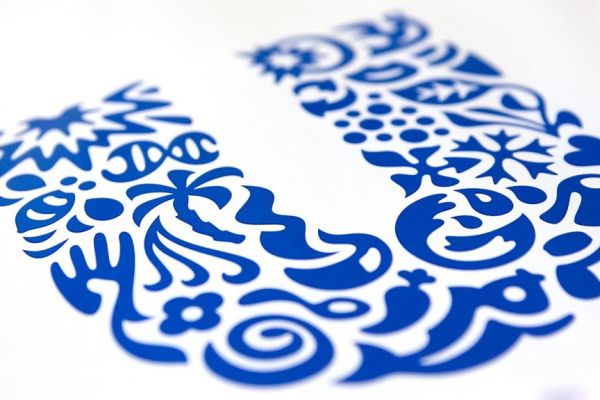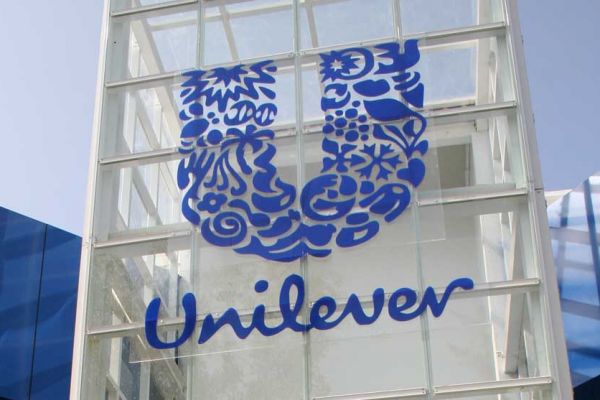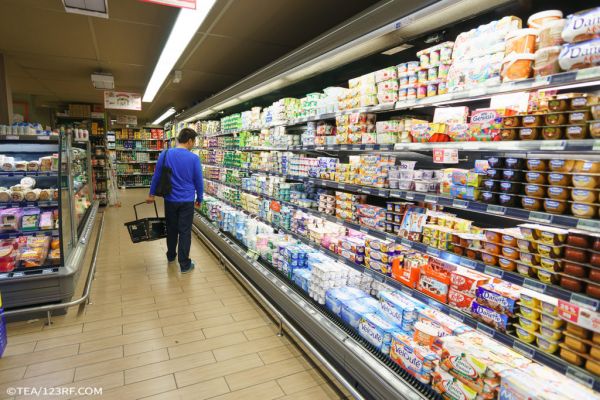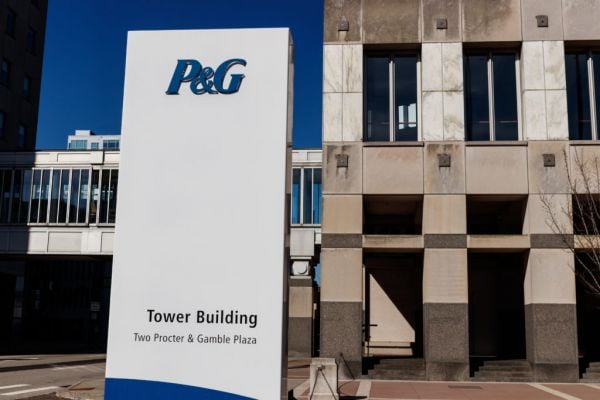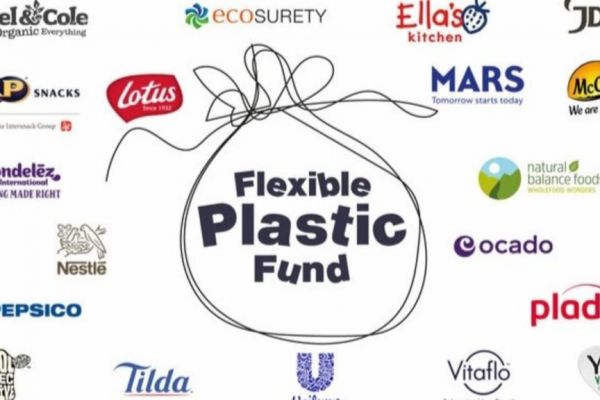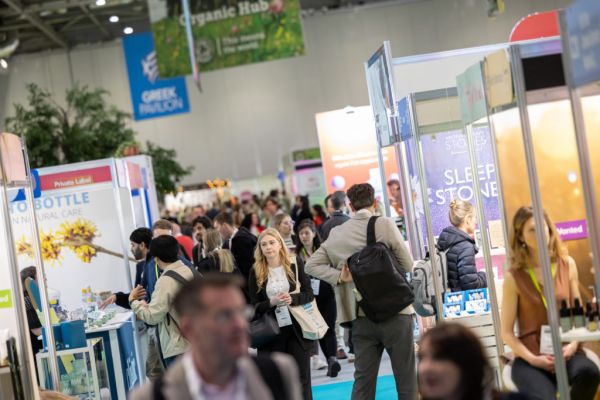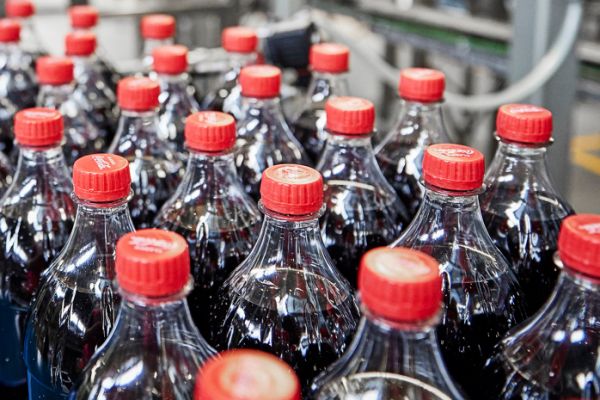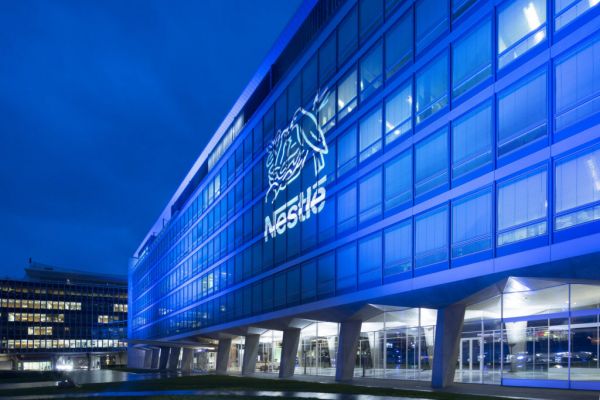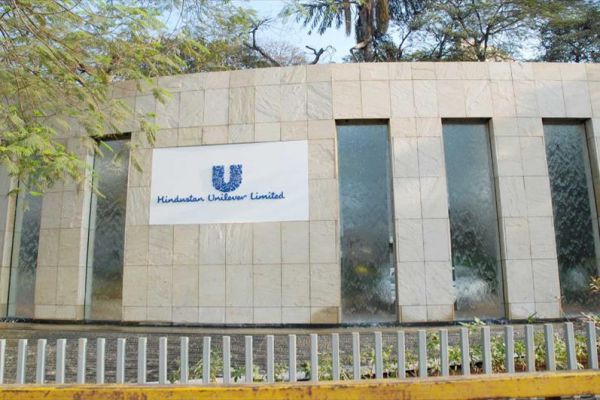Unilever NV received top ratings from Oxfam International for sustainability and human rights, including treatment of women and farm workers, part of an annual ranking that showed industrywide improvement.
Nestle SA and Coca-Cola Co. ranked second and third, the human-rights advocacy group said in a report released Tuesday. Danone and Associated British Foods Plc – the London-based maker of Ovaltine drinks and Twinings teas – tied for last among the 10 companies, according to Oxfam, which has been compiling the ratings since 2013.
Food companies are making their supply chains more transparent and releasing more detailed sustainability policies, said Monique van Zijl, the leader of Oxfam’s Behind the Brands campaign in The Hague, Netherlands. This year’s last-place companies would have placed fourth in the original rankings, a sign of a broader shift in food-company behavior.
"We’re in an era of stronger transparency," van Zijl said in a phone interview. "Consumers have been speaking to the companies, and those companies can’t afford not to let people know what’s going on in their supply chains."
The rankings consider corporate policies related to land rights of small farmers; exploitation of women, farmers and workers; climate change; business transparency; and water use. The 10 businesses studied in the report are among the top producers in the global food-and-beverage industry.
Climate Change
Unilever, maker of Dove soap and Hellmann’s mayonnaise, took the No. 1 spot in part by increasing attention to climate change. It also was the only top food company that asked its suppliers to support farmers’ rights organizations.
"The results reflect the progress we are making to reduce our environmental footprint while increasing our social impact," Unilever said by e-mail.
Danone, meanwhile, has become less transparent in its policies and ABF has lagged behind competitors since the first survey, Oxfam said.
ABF said it doesn’t have the same business model as most other companies included in the study, meaning the survey "can never reflect the breadth and depth of our work." The company continues to develop plans to further improve its activities, according to an e-mailed statement.
Danone didn’t immediately respond to a request for comment.
Companies that make products sold to the general public were selected for the report because of their recognizable brands, according to Oxfam. Major food shippers and traders such as Archer-Daniels-Midland Co. and Louis Dreyfus Co. weren’t included.
All 10 companies in the report have improved their ratings since 2013, with Kellogg Co. and Unilever seeing the biggest gains. Among the categories, policies on land rights and treatment of women saw some of the largest increases, while the rights of farmer and supply-chain workers saw no or little gain for most companies.
Of a possible 70 points, the scores were: Unilever, 52; Nestle, 48; Coca-Cola, 40; Kellogg, 37; Mars Inc. and PepsiCo Inc., 34; Mondelez, 29; General Mills Inc., 28; and ABF and Danone, 25.
News by Bloomberg, edited by ESM. To subscribe to ESM: The European Supermarket Magazine, click here.
